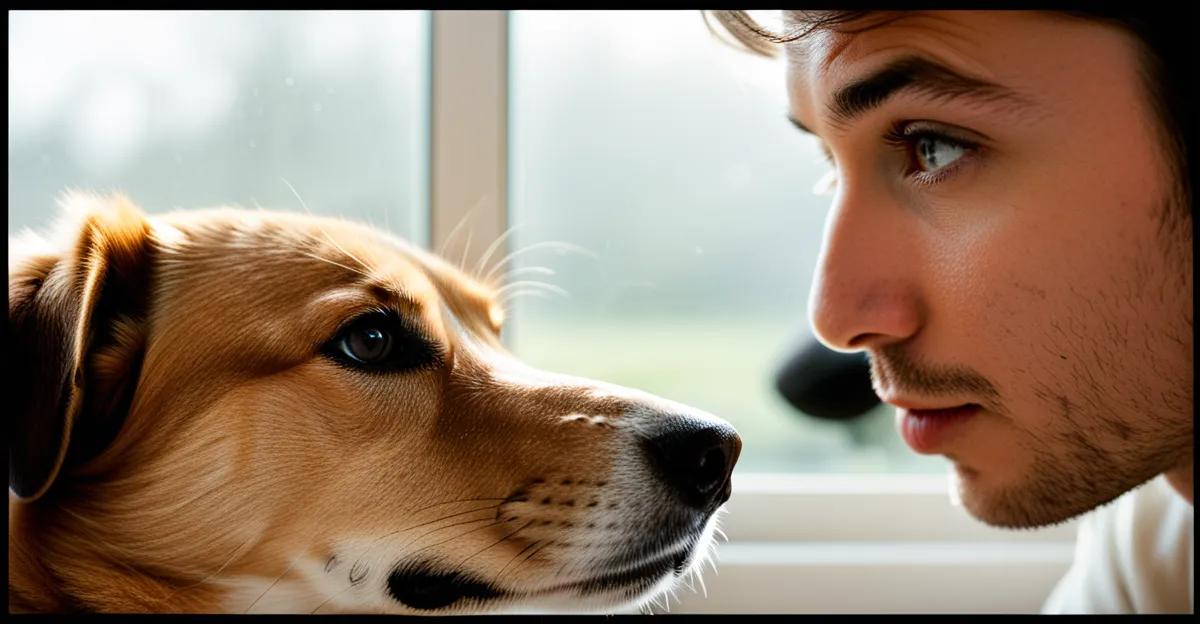Daily Responsibilities of Pet Ownership in the UK
Daily pet care in the UK requires a consistent commitment to feeding, walking, and cleaning. For dogs, owners typically schedule two to three walks each day, ensuring both physical exercise and mental stimulation. Walking a dog in the UK often means adapting to weather conditions and busy urban or rural environments. Cats, on the other hand, often require feeding twice daily and a clean litter box routine, usually refreshed every 24 hours to keep environments hygienic and comfortable.
Pet feeding responsibilities vary by species and size; dogs and cats generally need portion-controlled meals to maintain optimal health, while small pets like rabbits or guinea pigs require fresh hay, vegetables, and water daily. Cleaning duties extend beyond litter boxes to include regular grooming and habitat maintenance, particularly for small pets.
Additional reading : How Have Pets in the UK Influenced Family Dynamics Over Time?
UK pet owners frequently share examples of their routines: morning walks before work, midday feeding breaks, and evening playtime or cleaning. These tasks weave into everyday life, emphasizing regularity and attentiveness. Understanding and managing these daily responsibilities ensures pets’ wellbeing while reinforcing the rewarding nature of pet ownership.
Adjusting Your Schedule and Lifestyle
Balancing pet routine changes with daily life in the UK requires thoughtful planning. Most pet owners find they need to modify their morning and evening routines to include essential pet care tasks like feeding, walking, and grooming. For example, a dog owner might wake 30 minutes earlier to ensure a morning walk fits before work, while cat owners often schedule regular feeding times around their day.
Also to read : How Can You Engage Your Pet in Outdoor Activities Safely in the UK?
Time commitment pets demand is significant. Dogs, in particular, need consistent exercise which may hinder spontaneous travel or after-work social plans. To maintain work/life balance, many UK owners arrange for pet sitters or dog walkers during busy periods. Such services help uphold pets’ daily care needs without sacrificing owner flexibility.
Work and family responsibilities compound these adjustments. Integrating pet care requires allocating sufficient time daily while balancing other commitments. Pet owners often develop structured schedules, combining tasks like feeding and cleaning with work breaks or family activities. Awareness of these challenges and designing a realistic routine fosters a harmonious pet-inclusive lifestyle in the UK, making pet ownership both achievable and rewarding.









